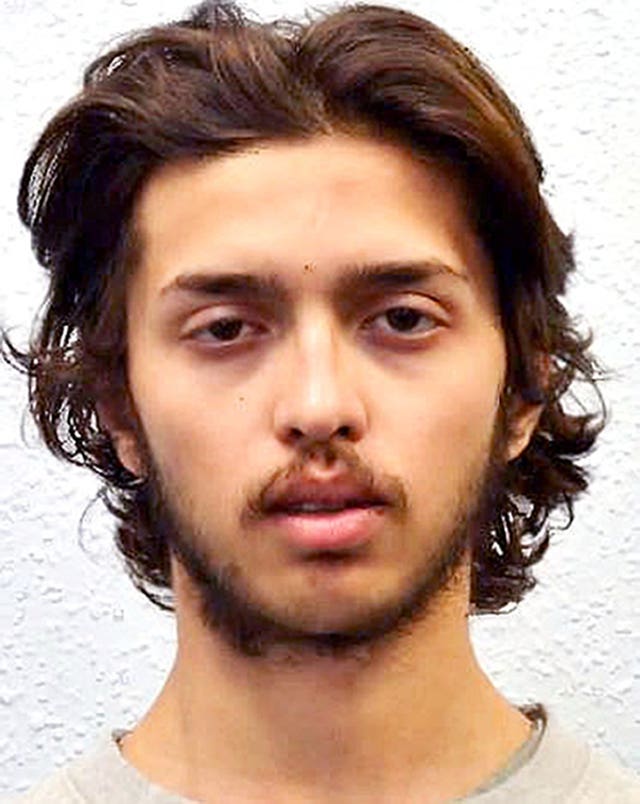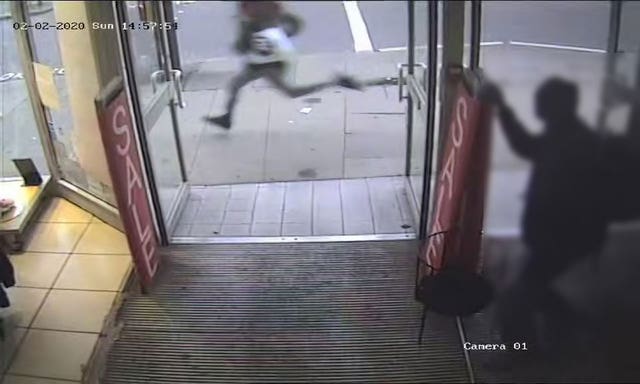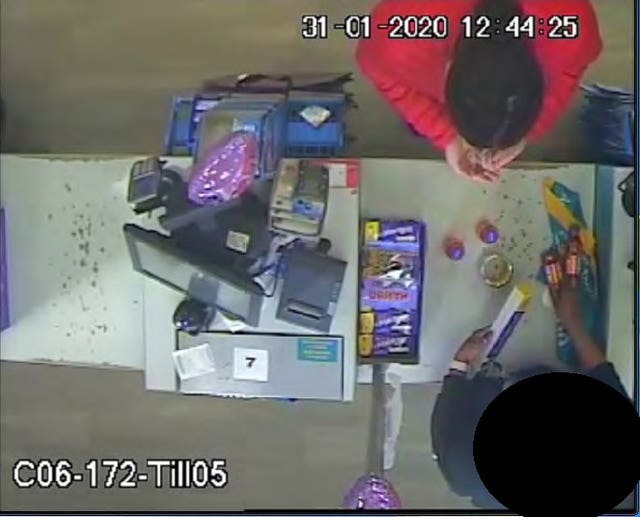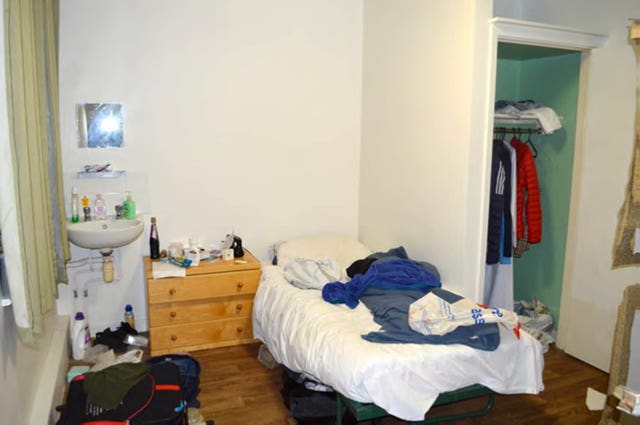
Police predicted a convicted terrorist deemed “one of the most dangerous” in the country would attack the public upon his release from prison, less than a month before his broad daylight knife rampage, his inquest heard.
MI5 and police officers discussing intelligence about 20-year-old Sudesh Amman on January 9 2020, two weeks before he was automatically released from Belmarsh prison for terror offences, were so concerned about his threat level that one officer remarked an attack would be “when, not if”.
Police considered arresting Amman after calling an emergency meeting with MI5 on January 31 when he was spotted buying items capable of being used in a fake suicide device, but decided against it because there was insufficient grounds for an arrest. He struck two days later.
The senior police officer leading the investigation into Amman’s release from prison on January 23, known only as HA6 to protect his identity, said an arrest would likely have scuppered the undercover investigation.

Amman was shot dead by police on Streatham High Road in south London on February 2 after going on a stabbing rampage which left two injured.
He was wearing a fake suicide belt fashioned from items bought from Poundland two days earlier, including Irn-Bru bottles, parcel tape, and kitchen foil.
HA6, giving evidence to Amman’s inquest at the Royal Courts of Justice on Thursday, said he thought the purchases alone would not have been enough to convict him.
He said: “Arresting him would have been a short-term measure.
“I would have envisaged he would have been released back into the community.
“He would be aware of our covert operation around him and that would make our job a lot harder.
“We would have only disrupted ourselves. It (the arrest) was discounted and we decided to continue with the covert operation.”

The senior officer also said Amman’s presentation in the moments before he struck – wearing an empty bag slung over his torso, walking slowly and peculiarly, and looking around repeatedly – was not reason to intervene.
He said: “Without anything to suggest he is in the process of attack planning, it would have been a short-term disruption.”
The inquest also heard that a report prepared by the Terrorism Offender Management Unit (TOMU), part of the Met’s Counter Terrorism Command, a fortnight before Amman’s release concluded: “It is the collective view of the SOI (senior investigating officer), investigation team and all partner agencies that he (Amman) represents one of the most dangerous individuals we have investigated.”
The evidence emerged as Carina Heckroodt, head of the London Extremism Gangs and Organised Crime Unit at the Probation Service, denied it was a “missed opportunity” not to recall Amman to prison after his Poundland purchases.
Amman’s inquest previously heard of intelligence concerns about his behaviour in prison – specifically his allegiance to so-called Islamic State, his apparent desire to radicalise others, and his unwavering reluctance to engage with authorities.
An Extremism Risk Guidance (ERG) prepared ahead of his release also warned of the risk of Amman staging an attack in public.

Ms Heckroodt’s witness statements, read before the inquest jury, said that during a JOT (Joint Operational Team meeting) on January 9 , “the police said that Amman was a high threat and that an attack would be when, not if”.
Giving evidence, Ms Heckroodt said she was also “satisfied” there was nothing about the Poundland purchases that suggested he had breached any licence conditions.
Rajiv Menon, representing Amman’s family, said: “Your failure to recall him was a most serious missed opportunity in this case.”
Ms Heckroodt replied: “I disagree, it was not a missed opportunity.”
Bilal Rawat, for the Probation Service, asked: “If you were aware of the risk he presented, if you found a legitimate basis to recall him, would you?”
Ms Heckroodt replied: “I would have done it immediately.”

The inquest also heard how police did not search Amman’s room at his probation hostel because they “did not want to show their hand” that he was under surveillance.
Recalling her conversation with police at the time, Ms Heckroodt said: “We were trying to think what else can we do, what were his intentions?
“A room search was not possible. The police were very careful not to show their hand at the time.
“We couldn’t do anything to show him he was under covert surveillance.”
Amman, who is originally from Coventry and of Sri Lankan descent, stabbed and injured two people on Streatham High Road before he was shot dead.
His inquest was adjourned until Friday.


Comments: Our rules
We want our comments to be a lively and valuable part of our community - a place where readers can debate and engage with the most important local issues. The ability to comment on our stories is a privilege, not a right, however, and that privilege may be withdrawn if it is abused or misused.
Please report any comments that break our rules.
Read the rules hereComments are closed on this article